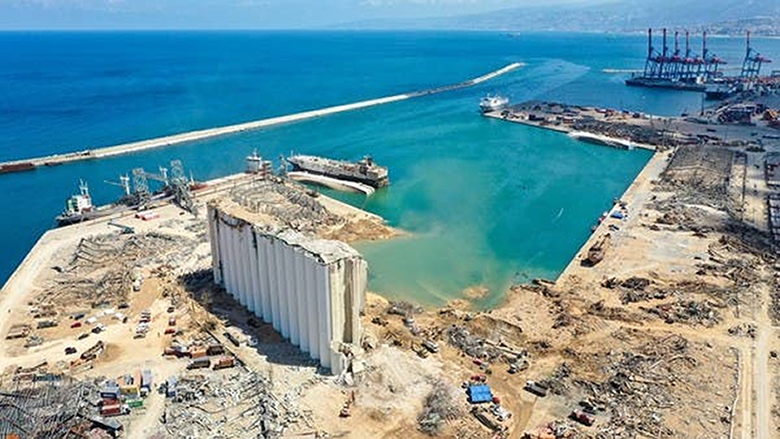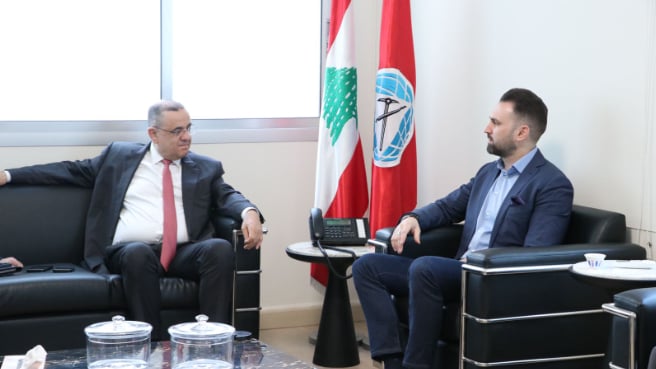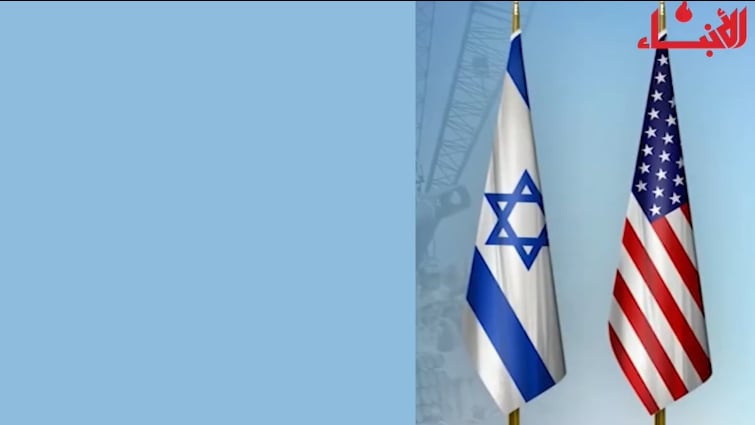Many hypotheses emerged after the Beirut port explosion last month, with some saying Israel was responsible. Others said Hezbollah was responsible. One theory though was quite bizarre.
The hypothesis said the blast is part of a premeditated plan that stretches back in history to 1945 and the end of World War Two.
The blast, according to the theory, was a continuation of the nuclear bombs dropped on Hiroshima and Nagasaki. The same reason that stands behind those two blasts stands behind the Beirut blast as well: expelling Christian communities from Japan and Beirut.
The explosion, in actuality, was caused by a fire that ignited 2,750 tonnes of ammonium nitrate stored improperly at the port.
On Lebanese TV prominent former minister and current Member of Parliament from the Free Patriotic Movement (FPM) Nicolas Sehnaoui espoused the strange theory linking the explosion to World War Two. The Christian FPM was established by President Michel Aoun and is currently headed by his son in law Gebran Bassil, one of Lebanon’s most hated politicians and the country’s former foreign minister.
This political movement has built its popular support on similar confessional and populist discourse. Keeping Lebanese Christians under continuous fear of prosecution in one way or another so that the FPM would be regarded as the saviors and protectors has been a driving theme in their rhetoric.
The two largest waves of Christian emigration – and emigration generally – in the last 30 years occurred when Aoun was a general in 1989 toward the end of the 15-year civil war and now in 2020.
Read more: Lebanese seek to fly out of dire economic situation as Beirut airport reopens
Yet, the FPM tries to argue the opposite. The have introduced the theory that electing a strong president, meaning one who has wide popular support, is a necessity. Aoun falls in this category. However, the country has had several leaders who had no popular or parliamentary support, yet they did an excellent job. A most prominent example was Fouad Chehab who was president from 1958 to 1964.
Out of all the approaches that tried to theorize the reasons behind this explosion, only FPM developed this sick approach. No one else viewed this catastrophic blast as targeting Christians in particular.
The theory relies on the idea that the Beirut port is surrounded by Christian neighborhoods that were developed under the French mandate from 1920 to 1943, which was viewed by many as favorable to the Christian community.
The port and nearby neighborhoods remain one of the country’s most important symbols of openness and diversity, in addition, of course to its commercial role and strategic geographical location.
However, conspiracy theories aside, media reports indicated the port’s destruction would lead to a balance of power shift in the eastern Mediterranean.
With the Russians controlling the Tartous Port in northern Syria, the Turks extending their arms toward Libyan ports, the French might find that Beirut port is necessary in confronting the growing role of Turkish President Recep Tayyip Erdorgan Erdogan in the area. It looks like the eastern Mediterranean could turn into an arena for conflict with France and the EU backing Greece in the showdown over Turkey. How, or if, this conflict will materialize is not yet clear.
But none of these countries seem interested in expanding their influence to Lebanon by rebuilding the port, and Lebanese authorities have not launched yet any plan to reconstruct the damaged port. Further, there is little information on whether there are any potential international stakeholders are interested in engaging in reconstruction.
While Hezbollah had expressed that China may be willing to rebuild the port as part of its Belt and Road Initiative, the Chinese have not yet shown interest in rebuilding the port. However, the country did have a hand in expanding the Tripoli port in Lebanon’s north a few years ago. In the wake of the Beirut explosion, shipments were diverted to Tripoli, a city known for its poverty, and many there were hoping the increased economic activity would help revive the city.
In Beirut, there have been a large number of humanitarian aid initiatives, but little has been said regarding the port’s reconstruction.
Tripoli is Lebanon’s second largest city and is heavily populated by Muslims. Similar to everything else in Lebanon, all discussions have a confessional dimension. There is talk in Beirut that the Northern port located in a Muslim area should not attract the bulk of the country’s economic and commercial activity, making rebuilding the Beirut port more urgent. Of course, this remains in whisper among some Christian circles but has not been publicly adopted or announced by any particular Christian party or politician.
With the country on the brink of collapse, the port explosion was one more burden the country can’t afford to bear.
Aid for Lebanon has been put on hold after the country’s ruling elite failed to launch the necessary reforms to be granted more than $11 billion pledged in soft loans at a 2018 donor conference in Paris. French President Emmanuel Macron gave Lebanon three months after the explosion to begin implementing reforms across multiple sectors, but beginning with the electricity sector that still fails to provide 24-hour electricity. The FPM has controlled this sector for the last 12 years.
The World Bank estimated that total damages stand at $3.8 to 4.6 billion, Lebanon has begun looking for donors willing to invest in such a huge project. A build, operate, transfer scheme, or a BOT, which would put the port under private operation for several years.
But it may be the best solution Lebanon can hope for in the near future given its Arab and international ties are extremely weak and the country has failed to attract foreign cash flow for several political reasons.
Whether or not Lebanon’s port will be rebuilt soon is not clear, but what is definite is that its destruction is an added agony to the country’s misery.





